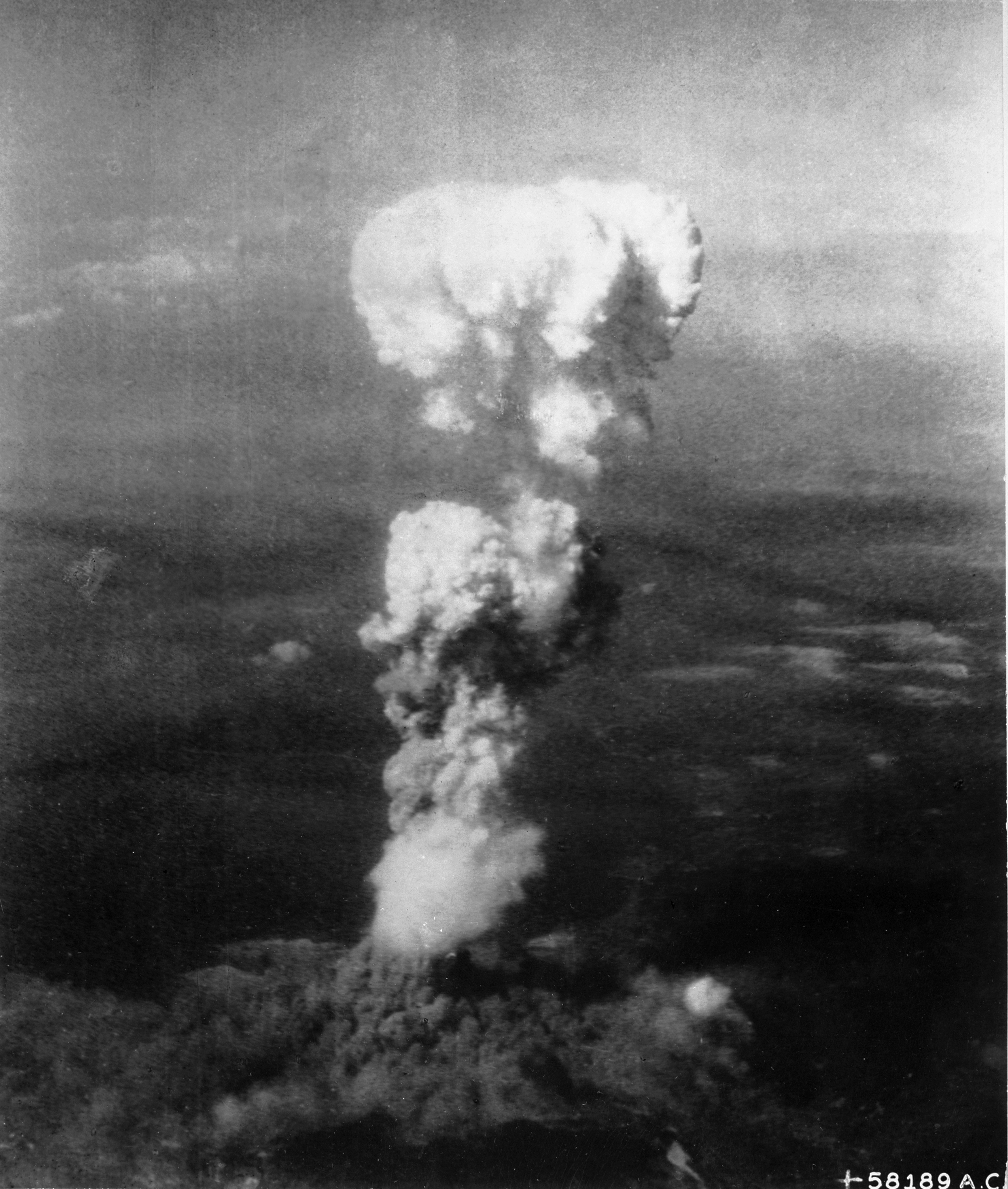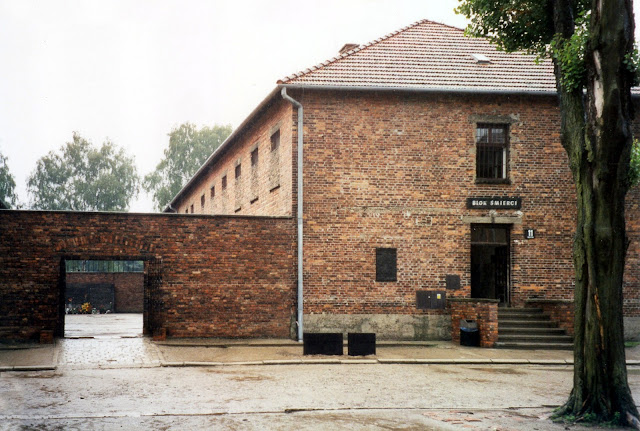Trump, tribalism and Brexit
Since early days mankind has grouped together in families and families together as tribes. These tribes came into being formed from historic wider family groups and within each tribe a culture and often a hierarchical structure evolved.
One of the things that defined these tribes were the myths and stories told from generation to generation, parent to child. In this context by myth I mean a story that is not necessarily true but is believed to be true within that tribe. Different tribes would have different myths and so different cultures and expectations arose between them.
At a basic level all people have the need for food, shelter and security. The myths help to define both how these needs were understood and how to attain them. Though capable of tremendous good and compassion, people have, over the centuries, proved to be brutal to each other dividing into 'us' and 'them', divided by these tribal groups. Indeed, when another tribe challenged these needs, war resulted. And so has been the history of mankind. I've walked through the gas chambers of Auschwitz and talked to survivors. I've stood in the flattened villages in Iraq where Saddam Hussein used gas on 'them' and again talked to survivors.
Though capable of tremendous good and compassion, people have proved to be brutal to each other
 |
| Photo by Enola Gay Tail Gunner S/Sgt. George R. (Bob) Caron |
This dichotomy of brutal horror and tremendous good and compassion has been with us since the beginning of time. The horror of the world wars in the 20th century made many people say never again. I was born just over a decade after this defining point in history into a world where never again was the byword. During my lifetime I have see many of these tribes and nation states bind together to form alliances centred on peace and stability. The EU in its formation would be an example of such an alliance, as Winston Churchill put it, to provide Europe ‘with a structure under which it can dwell in peace, safety and freedom’.
During my lifetime, though catastrophic for those concerned, in world terms we have seen minor skirmishes. There are still many conflicts unresolved: Palestinians and Jews, North and South Cyprus, North and South Korea… However, many people have dedicated their lives to reconciliation. That demonstrates the tremendous good people are capable of despite, so far, with, sadly, lack of overwhelming success.
One of the reasons, I believe, we have seen relative peace in the latter 20th century is what people call modernism. Credible myths were replaced with cold facts. By credible myths I am contrasting something that is believable but untrue with demonstrable truth. The transition to evidence based medicine is an example of this evolution.
Modernism could be argued to be the end of the cusp of two major changes: From agriculture to industrialization and from industrialization to information and communication technology and globalization.
Industrialization created immense stress and turmoil, as millions of people were no longer needed in the jobs their parents and ancestors had done. But they were needed in the factories. And then factories became more and more automated requiring less as less people. As a child people talked about a shorter working week or times when computers and robots replaced the boring mundane jobs and we would have significantly more leisure time to enjoy. This partly happened, but it was rather a change in available jobs rather than a general reduction of work time.
So rather than observing a generally happier society, we're currently observing the tension and turbulence of this second revolution with very little idea as to how to deal with it. There are, in Europe and North America, millions of disenfranchised people who had gainful employment during the industrialization era but for whom there is nothing appropriate now.
There is talk in Europe of a basic minimum income. There is also reaction against this, with some people demanding they work for this income and others looking at closing borders to require a greater degree of internal manufacturing contrary to globalization.
The problem is, these solutions miss a significant criterion, and one I earlier missed out. Alongside the three core needs of food, shelter and security, I believe people need to be needed and valued in their community. They need value within the society in which they live. This is partly experienced by the income they might receive for doing a job, but I believe it's a lot wider than that, more of a psychological than physical need. A basic minimum income allows survival but not necessarily a fulfilling life. Providing low value employment also does not meet that need. At this point I'm indicating a problem rather than a solution. But this is a problem that both companies and politicians appear to be completely ignoring.
People need to be needed and valued in their community
Because of this rising problem, I believe we are rapidly returning to tribalism with inherent tribal myths. People might argue this is a result of post-modernist culture, but I think it's possible post-modern culture is actually a result of societal change in a post-industrial world, where some people have employment and work excessively hard and others are, or feel like they are, on the scrap heap.
2016 was the year that this became blindingly obvious, not because the problem had not existed for a few years, but because of two events, the election of Donald Trump as president of the USA and the UK EU referendum resulting in a vote for Brexit. Both these two events split their respective countries into what can be seen as tribal groups. I say that because in each case the groups believe different myths and stories, often labelling the other groups myth as fake news, and frequently expressing vitriolic criticism of the other tribe.
People are now openly talking about a post-fact or a post-truth society. This is potentially dangerous in that it returns us to back to some of the same issues that led to the nightmares of the early 20th century, where truth took a backseat to what people wanted to believe.
In each of these two countries their leaders are talking about 'unity' and 'coming together'. But these themselves are myths based more on what people want to believe more that 'evidence based facts'!
The way forward needs two things to happen: We need to wrestle with the problem of unemployment and underemployment within the context of worth in society. I don't know what the solution to that one is, but we need to find a way of creating value for people our post-industrial societies. Alongside this we need to create stories, not merely credible myths, but true stories expressing the tremendous good that people are capable of, so that people aspire to be part of a worldwide tribe of humanity.
We need a new story for a new century
And therein lies part of the problem. We talk of the American Dream: This vision is that as we can acquire wealth, that wealth will permit independence and we won't be reliant on other people or indeed society for security and safety. But there's also a European Dream: That vision is that as we develop relationships and ways to peacefully coexist we can be increasingly reliant on other people and society for peace and stability. It's the difference between independence and interdependence. It's the difference between building a wall and free movement of people.
 |
| Photo by BiblioArchives / LibraryArchives |
Churchill rhetorically asked if ‘the only lesson of history to be that mankind is unteachable?’ but returned with the contrasting rejoinder ‘Let there be justice, mercy and freedom.’ For him, he saw the process as simple, ‘All that is needed is the resolve of hundreds of millions of men and women to do right instead of wrong and to gain as their reward blessing instead of cursing.’
This is why the creation and telling of these stories is not merely important but critically urgent. Let’s find a way for impossible breakthroughs in building community. Indeed, this is the best inheritance we can give to our children and our grandchildren: Peace and stability.






Comments
Post a Comment